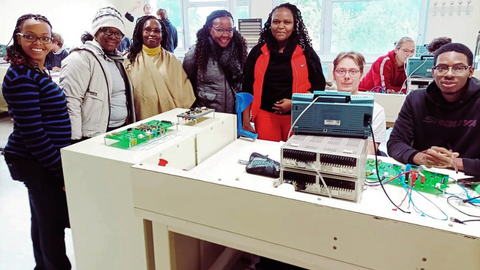Search
3621 Résultats pour votre recherche
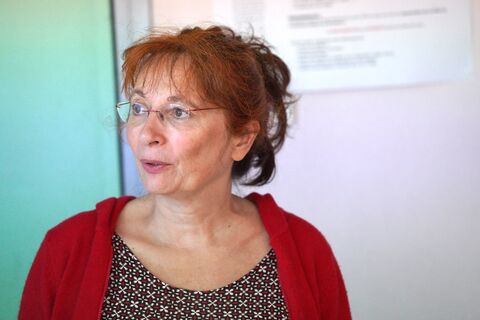
[Back to] Director Isabelle Broué and subtitling
It was with great pleasure that the students of the Master's degree in Translation Studies welcomed director Isabelle Broué.
Published on 20/10/2023
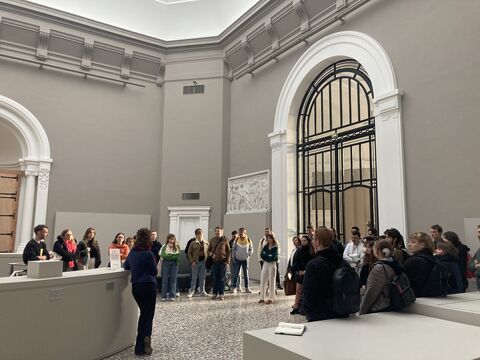
History Masters students visit the Musée des Beaux Arts
After a visit to Le Boulon in Vieux Condé and the Simone Veil media library in Valenciennes, it was now the Musée des Beaux Arts that the history master's students had the good fortune to be welcomed.
Published on 20/10/2023

QinU-ABMS
Predictive evaluation of quality of use in intelligent environments through the application of agent mining
Published on 20/10/2023
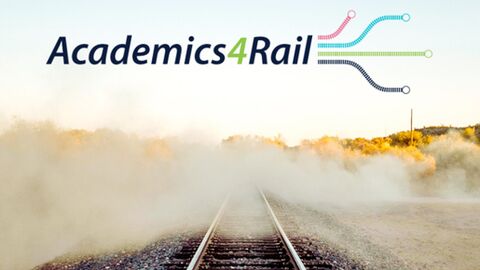
Academics4Rail
Building a scientific community of excellence of European researchers on innovative rail topics
.Published on 20/10/2023
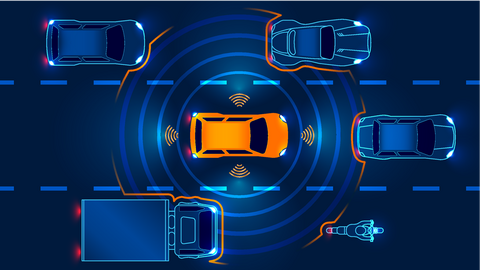
CORTESE
Intelligent coexistence in wireless networks of communication TEchnologies for SEcurity
Published on 20/10/2023
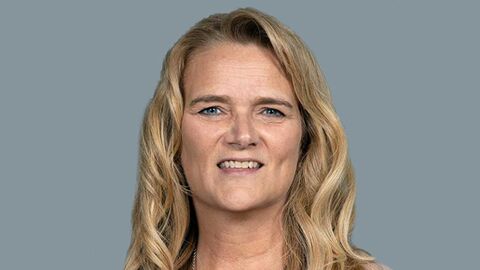
Seminar "General conference on biomechanics of injuries: Research with impact".
As part of the scientific leadership of the Mechanics Department of LAMIH, I am pleased to announce the seminar of Cynthia Bir from Wayne State University in the USA.
It will take place on Thursday October 26, Bâtiment Claudin Lejeune 3, amphi E14.
Published on 20/10/2023

Seminar "General conference on biomechanics of injuries: Research with impact".
As part of the scientific animation of the Department Mechanics of LAMIH, I am pleased to announce the seminar of Cynthia Bir from Wayne State University in the United States.
It will take place on Thursday, October 26, Bâtiment Claudin Lejeune 3, amphi E14.
Published on 20/10/2023
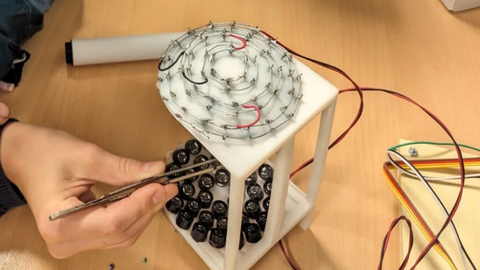
Sciences en fête at IUT
A pictorial look back at the 2023 Fête de la science
Published on 20/10/2023
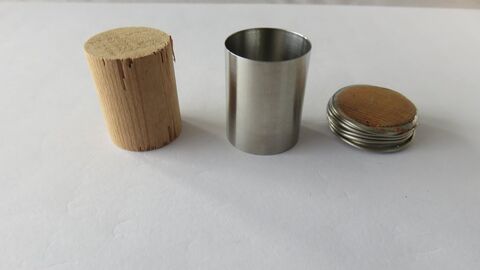
Val-ExpNum
Multiscale modeling of the thermo-mechanical behavior of confined wood under dynamic loads
Published on 19/10/2023


